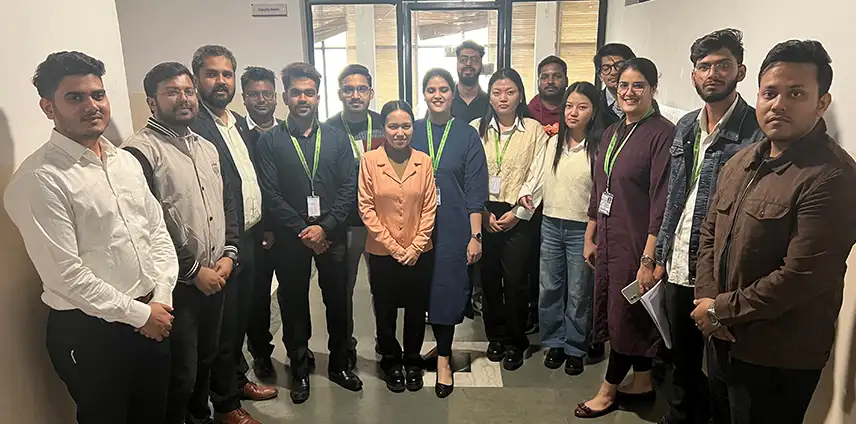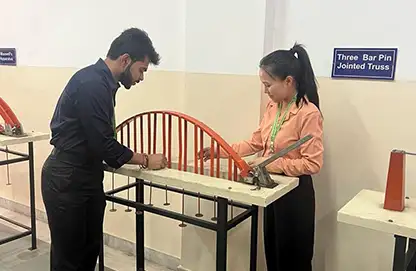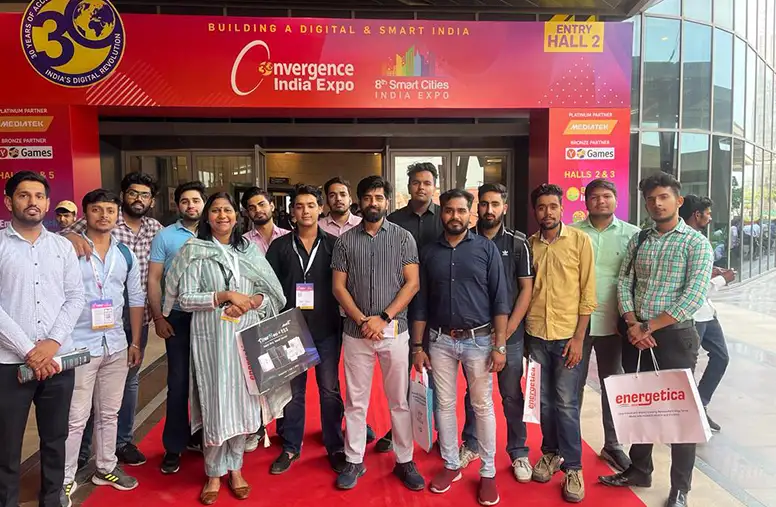India is going through an intense phase of rapid infrastructure development. The duty of a Civil Engineer involves planning, designing, executing, operating and maintaining various constructions like airport, dock harbor, dams, tunnels, buildings, roads, railways, bullet train project, rapid metro project, monorail project, metro rail projects, flood control structures, river training works, water wastewater treatment plants, solid waste management, canal, transmission towers, slope protection, ground improvement etc. This throws up possibilities of absorption of Civil Engineers in a big way. Presently, a huge demand and supply gap exists for Civil Engineers in the market.
In the public sector, the Civil Engineering graduates can get absorbed in PSUs like DDA, BPCL, DMRC, NCCBM, HPCL, IOCL, DRDO, ISRO, NBCC, NHAI, IRCON, RITES to name a few. The graduates can also appear in the prestigious Indian Engineering Services (IES) examination where they get to serve in the Central Govt. Organizations like BRO, CPWD, MES, CWC, Survey of India and Indian Railways etc. There are also vacancies in the Technical Entry for the Armed Forces for Civil Engineers; the highest for any single branch of engineering. The Officer entry will suffice with any branch of engineering.
At MRIIRS, a good number of students have been placed in reputed companies such as RITES, DMRC, Irrigation Deptt, DDA, NCRTC, AECOM, CB&I, COWI India, Ashoka Buildcon, Rothenberger, PNB Housing Finance, Earth Infrastructure Pvt Ltd, GR Infra Projects Ltd, KMC Construction, PNC Infratech Ltd, Sushee Infra Pvt Ltd, TCS, Theme Engineering, Unihorn, Vishwa Infrastructure, SGS-Technomech, Top Surveying, Prathishta Group, Cinda Engineering, Supertech, RDC Concrete, Vegazva Group etc. Graduates from MRIIRS have also joined the Corps of Engineers in Indian Army. Career counseling sessions, GATE/IES preparation lecture series are organized frequently for benefit of the students. Besides, the department looks forward to tying up with other companies for opening up other windows of opportunities for recruitment of students.
.png)

 0
0 



















